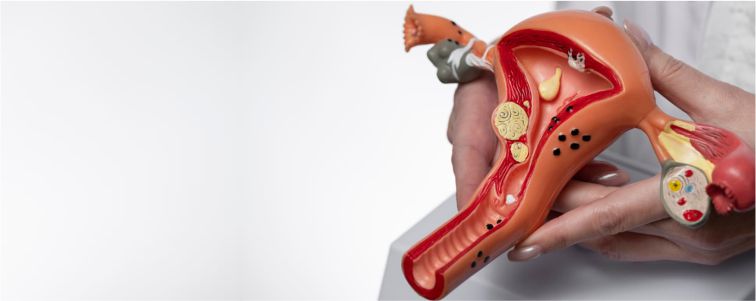Fibroids are non-cancerous growths in the uterus, it is common condition in women. While they rarely cause serious health problems.
Well, it depends on individual cases but you should have a detailed knowledge of fibroids and their impact on your health to seek medical attention at the right time.
Understanding fibroids
- Fibroids are made of muscle and fibrous tissue.
- They can vary greatly in size – from undetectable to grapefruit-sized.
- Fibroids can grow inside the uterine cavity (submucosal), within the muscle wall (intramural) or outside the uterus (subserosal).
Symptoms of fibroids
Some women don’t exhibit any symptoms of having fibroids at all. Those who have the symptoms, they commonly complain of:
- Lower back pain
- Constipation
- Heavy and painful periods
- Bleeding and spotting in between periods
- Anaemia, caused by excessive bleeding
- Pain during intercourse
- Frequent urination
- Difficulty in emptying your bladder
Impact of fibroids on fertility
- Most women with fibroids can conceive naturally. However, the location and size of fibroids can play a role.
- Submucosal fibroids protruding into the cavity may hinder implantation of a fertilised egg.
- Large fibroids can distort the uterine shape, influencing sperm motility and egg transport. It can also restrict foetal growth due to decreased space in the womb.
- The placenta can also break away from the uterine wall if it’s blocked by a fibroid.
- Fibroids can also trigger uterine contractions, leading to premature delivery.
- Fibroids may increase the risk of miscarriage, especially submucosal ones.
- Fibroids may sometimes necessitate a caesarean section delivery.



